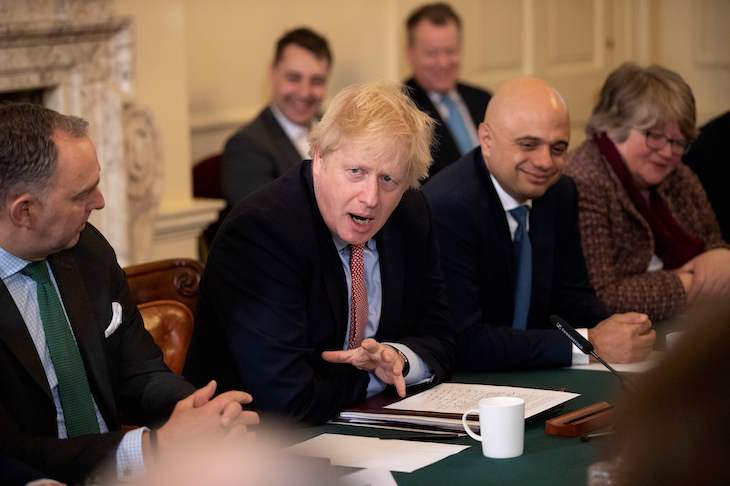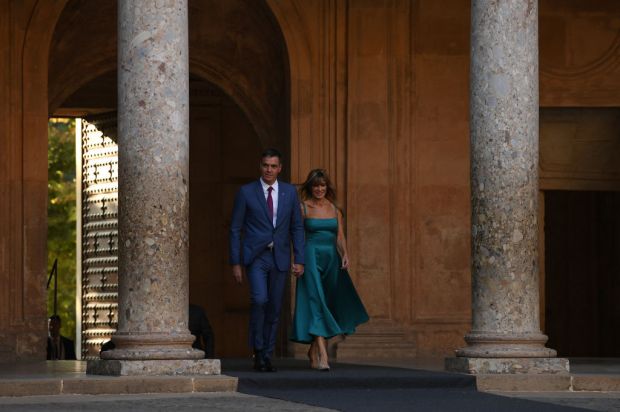The two most significant consequences of this election are that the United Kingdom is leaving the EU and the Tories are a national party in a way that they haven’t been for decades. Boris Johnson’s critics relish saying that these two things are incompatible, that there is no way that Brexit can be made to work for the whole country. ‘Workington Man’, they say, has no desire to see Britain become Singapore-on-Thames. But, as I say in the Christmas issue, this analysis misses the point: Boris Johnson and his team have a very different vision for Brexit than that.
There are three parts to Boris Johnson’s plan to deliver for those parts of the country that haven’t fully shared in the prosperity of the last thirty years. First, better infrastructure—both physical and digital. I understand that Sajid Javid has already got the Treasury revising its rules on capital projects to ensure that more gets built outside London and the South East. Second, active state support for research. The Tory manifesto was a deliberately cautious document, but page 40 reveals a bold agenda for how state spending on R&D can attract and support new private sector companies. It is their version of an industrial strategy. The third is using the power of the state to try and foster regional clusters of businesses. For example, where this new Advanced Projects Research Agency is located will matter a lot. As will which ten places are chosen to be free ports.
One cabinet minister sums up the challenge facing this new Toryism as delivering an ‘economic approach that makes globalisation work for every part of the UK’. If the Johnson government can achieve this, it will have done something of global significance. It will have shown how the 21st-century economy can be made to work for every part of a western country; it will have demonstrated how to revive places that feel overlooked and undervalued by modern politicians. In doing that, it will have provided not only a template for future prosperity but a blueprint for how to defeat the reactionary and extremist forces that are threatening the political order across the Western world.
Got something to add? Join the discussion and comment below.
Get 10 issues for just $10
Subscribe to The Spectator Australia today for the next 10 magazine issues, plus full online access, for just $10.





















Comments
Don't miss out
Join the conversation with other Spectator Australia readers. Subscribe to leave a comment.
SUBSCRIBEAlready a subscriber? Log in